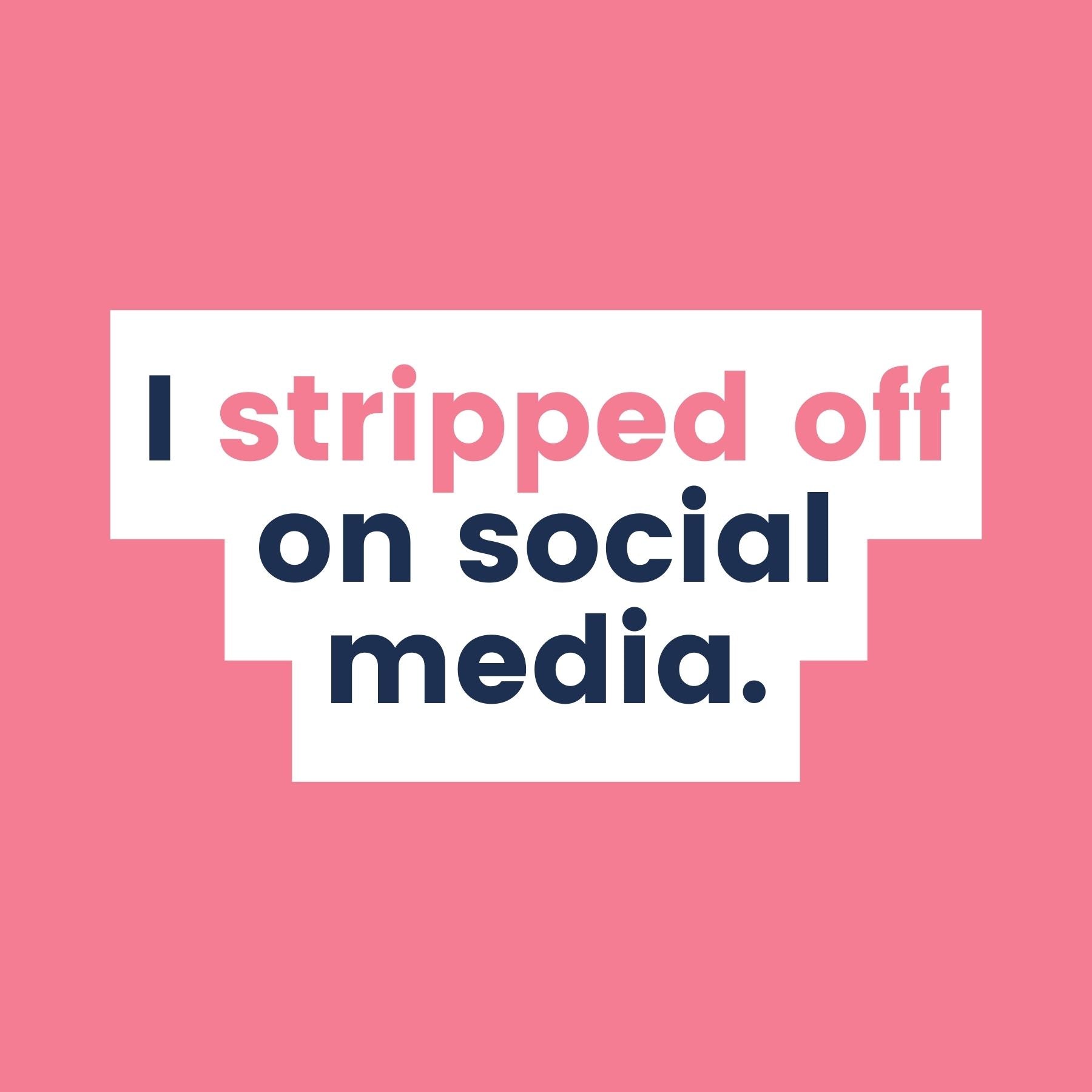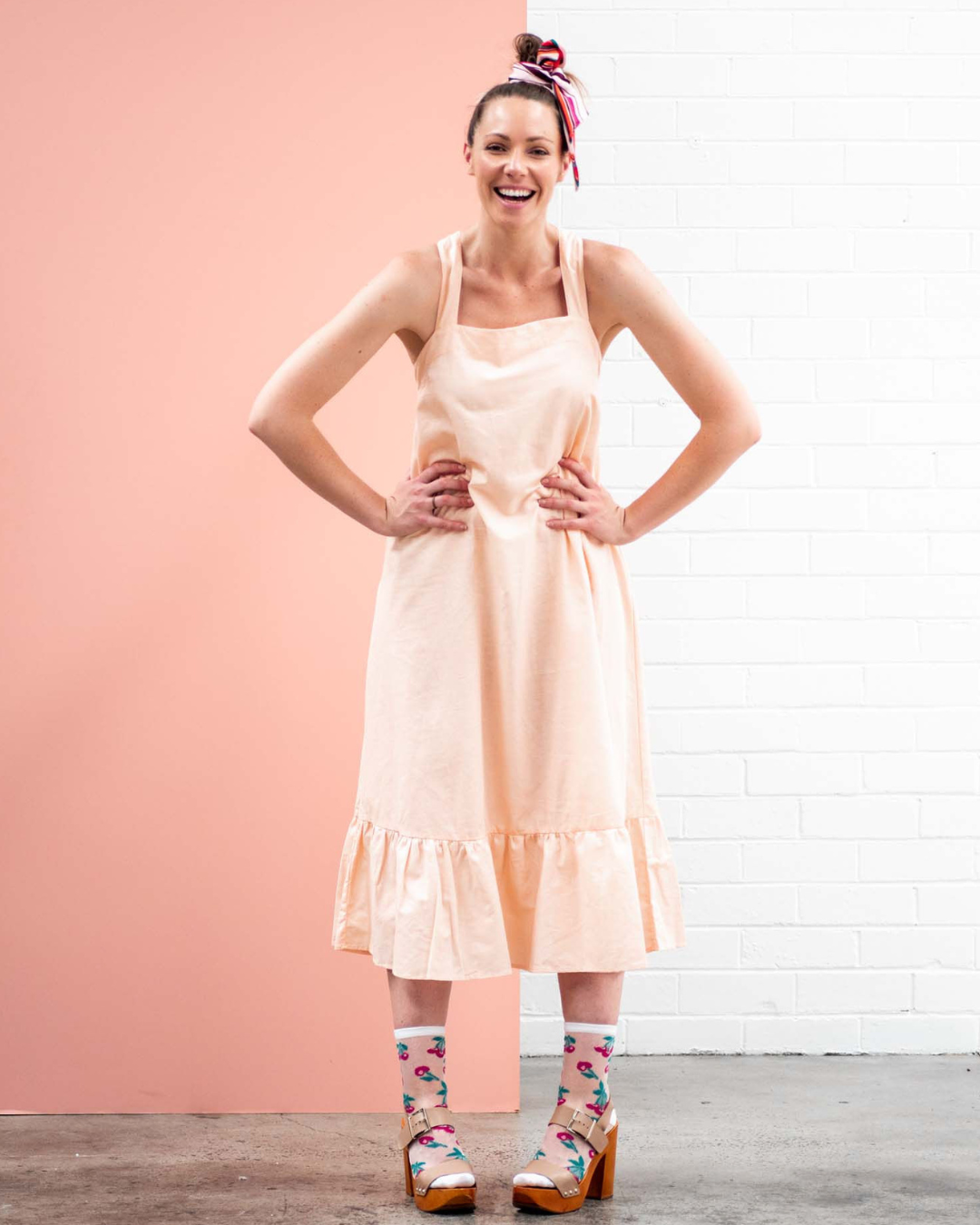The bare naked truth is this: fashion needs to change. While I wonder about posting my bare wobbly body on social media, a 15-year-old girl has worked 15 hours a day for seven days straight making fast fashion in Indonesia and she wonders if she can afford clean water to drink.
While I’m questioning whether it’s a good idea to post my naked body for the world to see, a woman in Bangladesh wishes the world would see her struggles working in a fast fashion factory.
While I feel self-conscious about publishing a post I could regret, an orphaned child in India doesn’t have time for regrets. She works in slave labour conditions making fast fashion to survive - and as much as works, she still lives in poverty.
My issues are not real issues. Fast fashion is a real issue. So, I’ll get my kit off if it means this message goes further on the ‘Gram.
In April 2013, the Rana Plaza building in Bangladesh collapsed. More than 1100 people died and another 2500 were injured, making it the fourth largest industrial disaster in history. The Rana Plaza building was a fast fashion hub. People died making fast fashion. That’s the bottom line.
And this was over 10 years ago, but what’s changed?
Temu, Shein, Zara, Forever 21, H&M and ASOS still exist, and they make a lot of fashion and a lot of money, but at what cost? It’s time to get curious and make some wardrobe changes.
It's Fashion Revolution month so we have to ask, ‘Who made my clothes?’.
Fast fashion is predominantly made by women and children who earn twenty cents or LESS per hour, and they work in unsafe conditions, often working weeks without a day off, and days without taking a break.
You know that $10 shirt you bought? Wonder why it was so cheap? The hands that made it weren’t paid a living wage.
Fashion isn’t the problem. Fast fashion is the problem and slow fashion is the solution.
This month, we’re delving into all things ethical and conscious fashion inside my SLOW FASHION CIRCLE and we’re covering it all - accreditations, certifications, living wages, ethics, ethics, ethics.
Because fashion can be a force for good and fashion has the power to change the world - when we do it right.
Claire x
P.S Check out my nudie post here.




